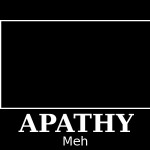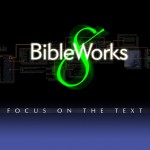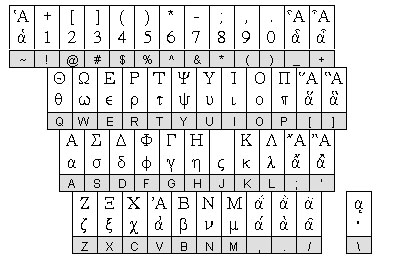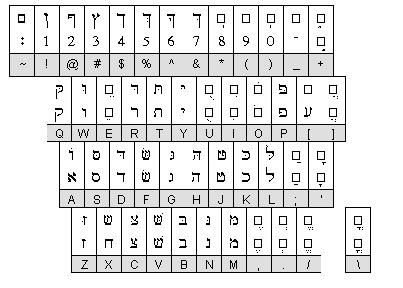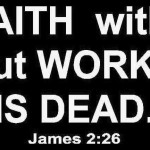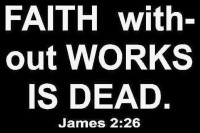I often hear pastors and seminary professors bemoaning the widespread biblical illiteracy within the church today. I don’t think it’s the problem.
Is it true? Are people more ignorant of the Bible than they were 10, 20, 50, 100 years ago? Of course. There’s no denying it. Studies, surveys, and tests have proven it. For example, when I entered Seminary, they gave us an entrance exam on our knowledge of biblical and theological ideas, and then, as we neared graduation, they gave it to us again to see if we learned anything. Most of us did improve, of course, but the professor who proctored our exam said that over the years, the test has not changed, but the scores have steadily decreased. Both incoming and graduating seminary students know less than similar students from previous generations.
And this isn’t just a problem with seminary students. It’s true in almost all churches.
So why do I believe it’s not a problem? Here’s why:
What has ever-increasing Biblical knowledge ever done for the church? The main thing isn’t how much you know, it’s what you do with what you know. And I think that we live in a generation that looks at the scholars of our own day and the past and says, “Well, that’s great that they could recite the Bible backwards, but what did they do with that knowledge except for write a bunch of books and preach a bunch of sermons? Nothing? Well, then I guess I don’t need that knowledge.”
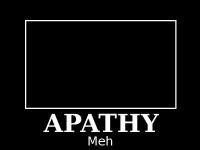 The problem facing modern Christianity is not biblical illiteracy, but biblical apathy. People don’t care what they don’t know unless they can see a direct link between learning something and using what they learn to love and serve others.
The problem facing modern Christianity is not biblical illiteracy, but biblical apathy. People don’t care what they don’t know unless they can see a direct link between learning something and using what they learn to love and serve others.
Just take a look at how many companies today are using “community service” benefits to attract young employees. That’s right. Companies used to offer health benefits, 401(k)s, and career advancement opportunities. But new and upcoming employees are asking, “Are you going to give me time to take what I am learning in this business and use it to help people in Africa? If not, I’ll look elsewhere.”
That’s the way the church needs to use biblical knowledge. We must show the direct link between learning something from the Bible and using what we learn to help others in need. If no such direct link can be made, then we should not complain when people don’t want to learn it.
So do you want to increase Biblical literacy? Then show how knowing the Bible will help transform lives, our communities, and the world. And this doesn’t mean more time given to application in the sermon. It means actually taking people out into the world to put the Word into practice.
Agree? Disagree? Let me know!


